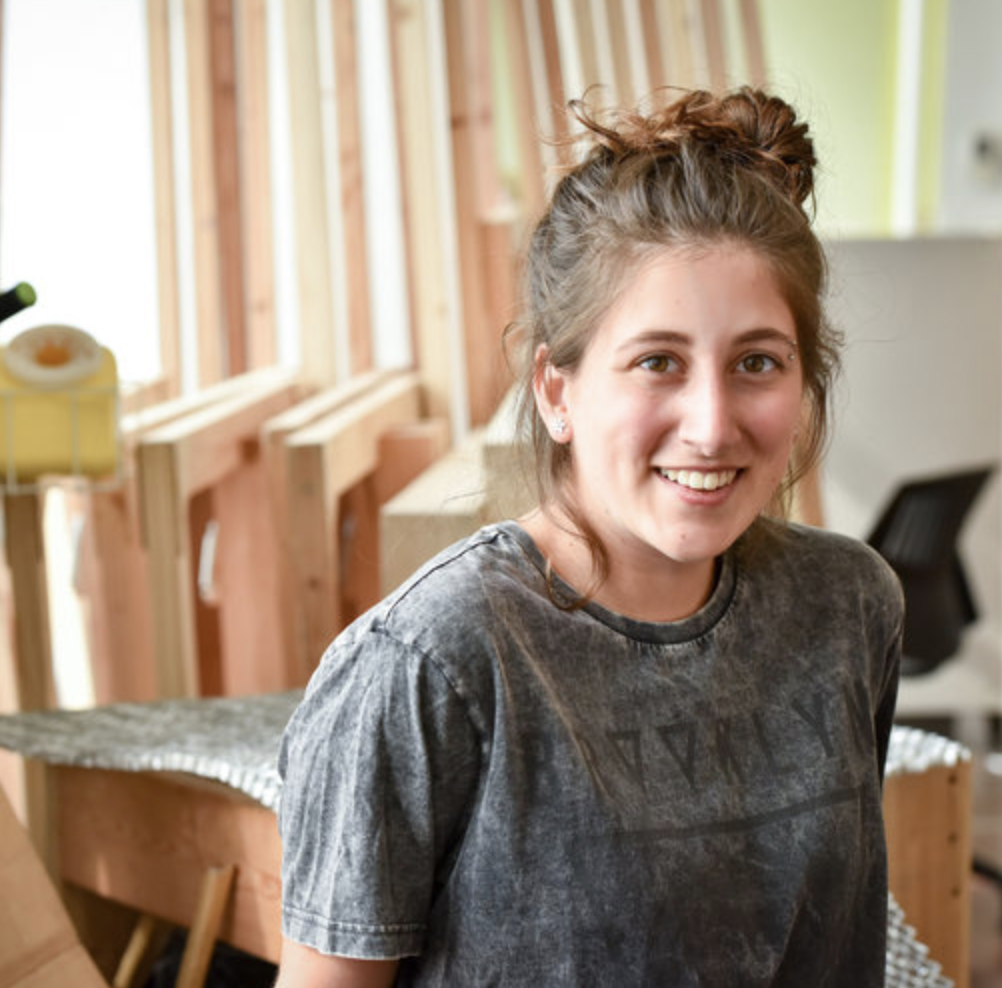BABFA student, Reem Abi Samra, receives Eugene Lang Opportunity Award

Reem, a dual degree student majoring in Architecture and Urban Studies, has been awarded $5000 for her project from the Eugene Lang Opportunity Award
This award will allow Reem to participate in the School for Field Studies‘ summer program in Arusha, Tanzania: Wildlife Management and Conservation.
Below is an excerpt from her proposal:
“Through hands-on field explorations, the program will expose us to concepts of ecology and sustainable wildlife conservation and management; we will also explore the socio-cultural, economic and political complexities that exist due to the interaction between human and animals. In the age of environmental distresses and especially climate change, some of the questions I have posed myself are: Can animals still survive without direct human interference? What are the new ethical boundaries that humans need to abide by when dealing with the natural environment and its inhabitants? Humans have far enough intervened in the natural environment, and the results have been so detrimental that the new question is: is human intervention now ironically necessary in order to control the damage that has been caused, or will nature play its course and adapt by itself? How can we balance economic growth for local populations while promoting a sustainable and ethical management of the environment? Within this program, I hope to seek answers to these questions that would influence my career as an architect and urbanist.
From the first day of the four-week program, I will be immersed in the field and will acquire techniques for gathering information, collaborate with the locals and professionals, and even learn the Swahili language. I will begin to understand how conservation areas are designed, managed, and protected within the Tarangire-Manyara Ecosystem, as well as observe for myself the socio-economic and political problems that arise in wildlife conservation in order to formulate possible solutions with fellow classmates. We will be learning directly from the local communities about their culture and their interactions with wildlife animals, which will deepen our understanding of the human-wildlife relationship in Tanzania. This program will be highly collaborative, engaging, and impactful on not only myself but also on the local communities since we will be presenting them with our research. Working within a team of highly skilled professionals and passionate students from around the globe, and knowing that my research and efforts will be used to improve the wildlife conservation are some of the many highlights of this program.”
Congratulations, Reem!!